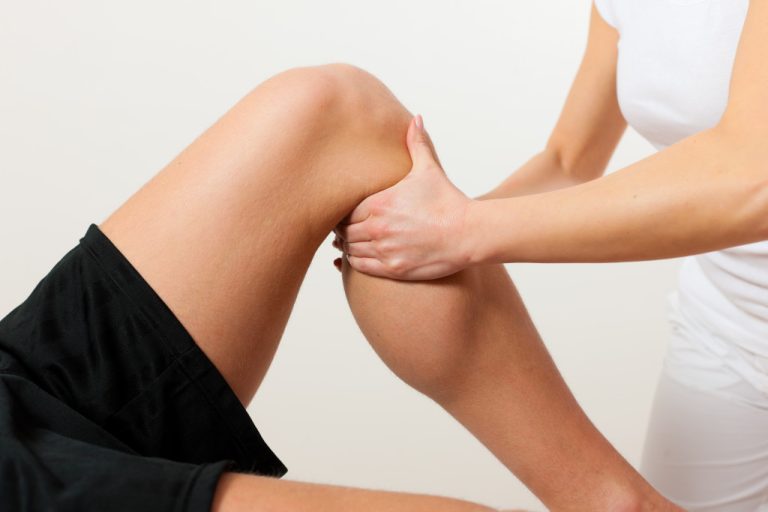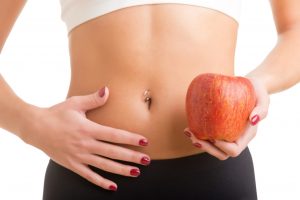Around 30 million children and adolescents play organized sports regularly in the United States. Over 3.5 million of these young athletes suffer from injuries every year, causing them to miss some time playing their sport. One-third of all childhood injuries are related to sports participation. The most common types of sports-related injuries are strains and sprains. Similarly, adults also suffer from injuries that can be attributed to their participation in sports.
Injuries are a natural part of sports, whether you’re an amateur or professional athlete. While some injuries can be minor and heal with rest, others are more severe and require a longer recovery. But no matter the severity, there are some essential steps that all athletes should take to ensure they make a full recovery. Here are some tips on recovering from a sports injury.
Seek Medical Treatment Immediately
You must seek medical attention immediately if you sustain an injury while playing sports. Even if it seems minor initially, something like a sprain could become a more serious issue if left untreated. A doctor can diagnose the type of injury and advise on how to manage it properly.
Recovering from a sports injury can take time and effort. But with proper medical attention and a commitment to following your doctor’s recommendations, you should be able to get back on the field in no time.
Be sure to take all prescribed medications and therapies, even if you feel like your injury is improving. This will help ensure that the area of injury has fully healed before you return to sports activities or exercise. You can also look for a specialized therapist to help you recover. For instance, you should work with a reputable physical therapist specializing in CrossFit injuries if the injury was due to overexertion in this high-intensity training.
Rest and Ice
Rest is key when recovering from any sports injury—it gives your body time to heal itself and prevents further damage. Additionally, icing the affected area can help reduce pain and swelling by constricting the blood vessels near the injury site.
For best results, ice for about 20 minutes every few hours for two days after sustaining the injury. Be sure to wrap the ice in a thin cloth, as direct contact with the skin can cause cold-related injuries. Wrapping the ice in a thin cloth also helps reduce the risk of frostbite.
It’s also important to avoid activities that may cause further damage while you’re healing, as this can delay the recovery process and potentially make the injury worse. Instead, focus on gentle stretching and other low-impact exercises that help keep your muscles moving without putting too much strain on them.
Finally, if the pain and swelling from your injury don’t go away after a few days of rest and ice, it may be time to consult your doctor for further treatment. Your doctor can help you determine the best treatment course for your injury. With the right treatment plan and dedication to recovery, you should be back to playing your sport of choice in no time.

Keep Moving
Though rest is important in recovery, it’s also crucial that you keep moving as much as possible. This helps maintain the range of motion in the affected area and ensures that your muscles don’t become stiff or weak due to lack of exercise. Talk with your doctor about which exercises they recommend based on your specific injury so you can safely stay active during recovery without aggravating your condition further.
Low-impact exercises like swimming, yoga, and walking are all great options. Additionally, physical therapy can help you regain strength and mobility in the affected area. Working with a physical therapist can help you build a comprehensive recovery plan specific to your injury and goals.
Finally, don’t be afraid to ask for help when it comes to accomplishing tasks or activities during your recovery. Many friends and family members are more than willing to lend a hand if they know you have an injury.
Don’t Neglect Nutrition
Ensuring adequate nutrition is key to recovery from injuries and illnesses. Eating a balanced diet with plenty of fruits and vegetables helps support your body’s healing process and provides the energy you need to stay active.
Additionally, specific foods can help reduce inflammation and provide other health benefits that aid recovery. Speak with your doctor or a nutritionist to craft an individualized eating plan to best support your recovery. These professionals can also recommend dietary supplements that may help.
Finally, make sure to stay hydrated. Adequate water intake helps flush out toxins and keeps your body functioning at its best.
Sports injuries are never fun, but with proper care, they don’t have to completely derail your fitness goals. By following the tips in the article, you can ensure that you recover quickly and get back in the game soon enough.













